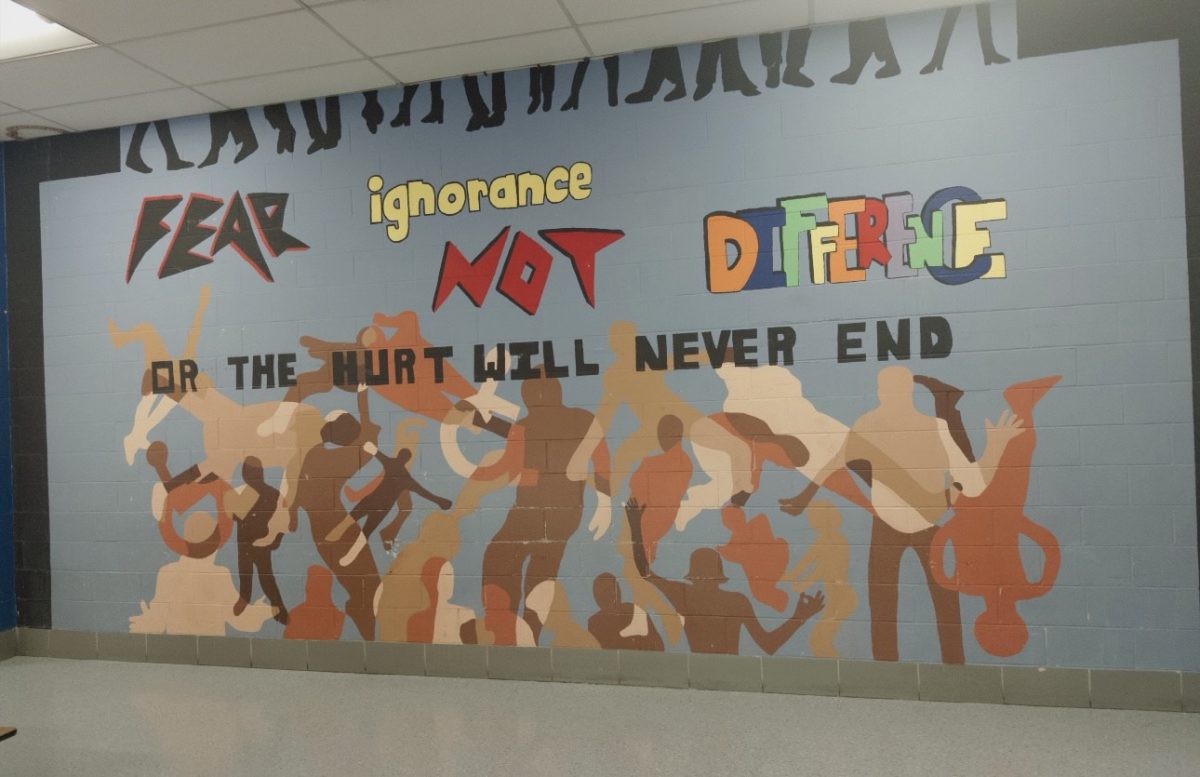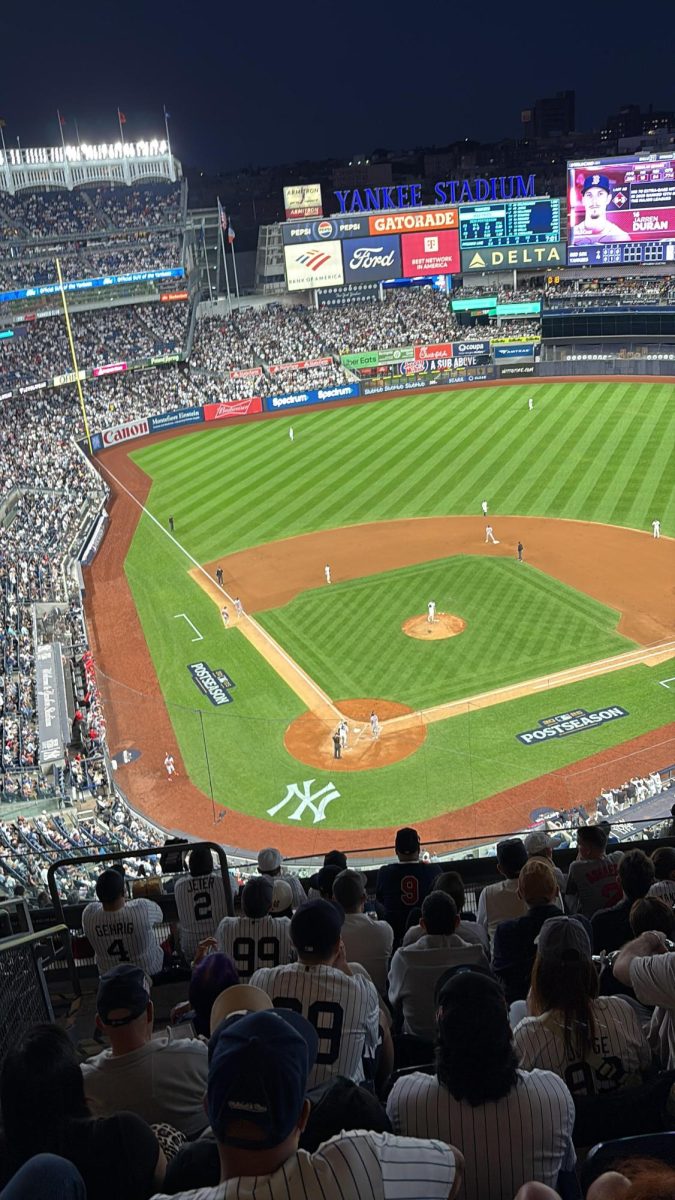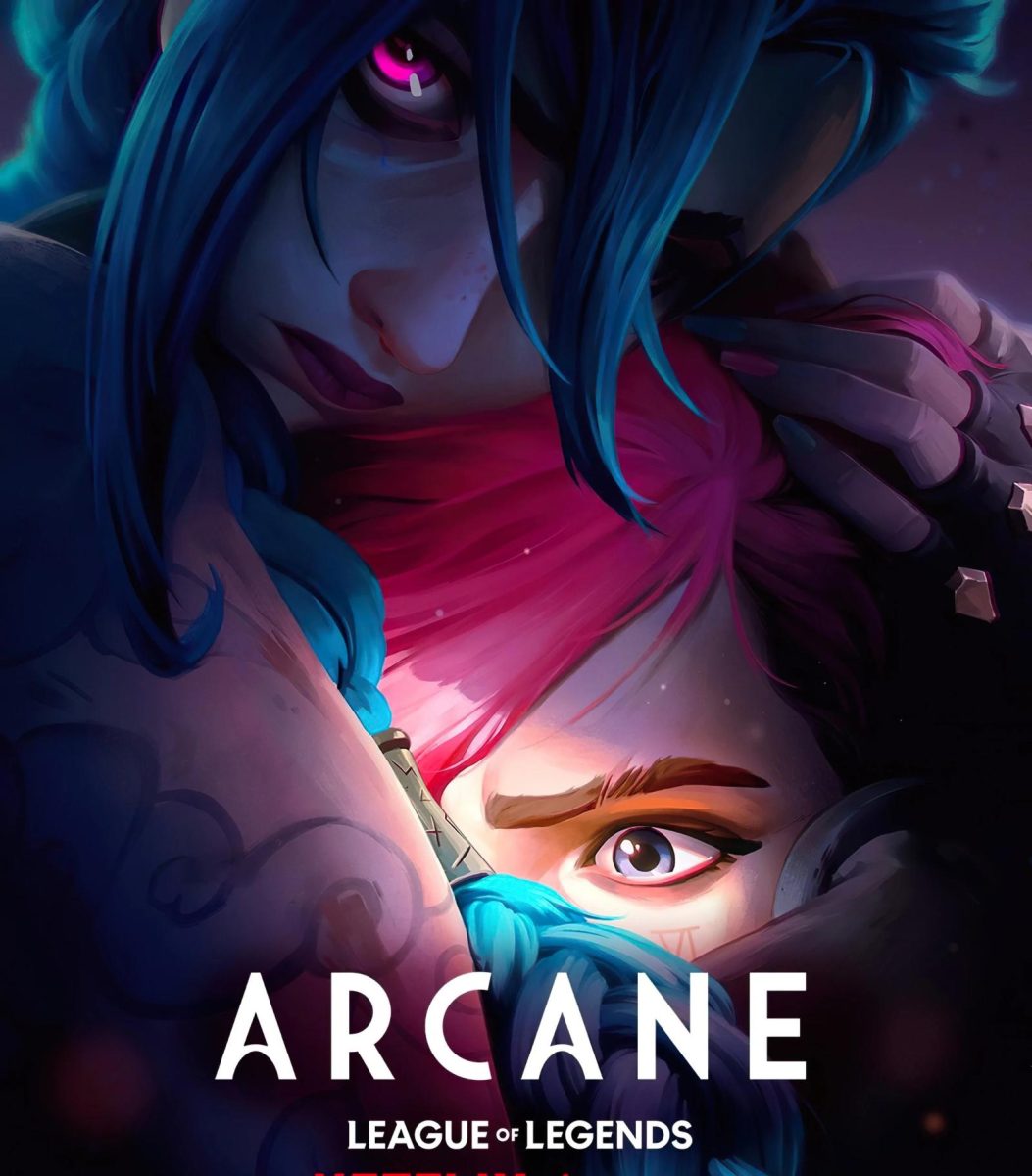Are video game adaptations going to be the next generation of truly mainstream media?
Video game adaptations are changing the landscape of popular media; with record breaking numbers in popularity and in ratings, these results all ring the same bells as when the Marvel Cinematic Universe took popular media for a decade—will these video game adaptations take popular media for the same ride?
Video game adaptations to the silver screen and streaming services at home are on fire in popularity and in ratings; shows like Arcane and Fallout, movies like Five Nights at Freddys and The Super Mario Movie show how the mainstream consumers are changing. They are receptive to something considered nerdy and hard to get into, video games, akin to the Marvel Cinematic Universe and its rise in the early 2010s and late 2000s.
Marvel Comics have been around since 1939 under a different coat of paint, but have existed as Marvel since 1961. It started with the hero Namor the Sub-Mariner and continued with more known names like Captain America, Iron Man, and Spider-Man. Marvel and comics in general were seen as a nerdy subject, something not mainstream, and lacking prominence in wider culture. If we were to skip ahead some 60 years, Marvel is nothing but mainstream— of the top twenty highest grossing films of all time, Marvel movies occupy seven of the top 20. It is the culture. 2021 has been a peak in comic sales, a large contrast to 2012 which was a low point for comics sales but the release of Avengers and the rise of the Marvel Cinematic Universe has been bringing up comic sales that were on a decline since 2008 (Comichron). Noah Batista, a student at Danbury High School and a very big Marvel fan, when asked if he would have interacted with Marvel without the movies, said, “I mean, I see so much of the media I would have had to interact with it at some point(Batista),” later also saying, “the movies really got me a lot more interested (Batista).” Noah had the same path to becoming a fan as many others mass exposure. Marvel became so popular it started creating perpetual motion, where mildly interested people are just shown so much content and so many different ways to enjoy it it’s honestly hard to despise it and not indulge in even a small amount.
Compare it to the trajectory of video games which from their inception in the 70s, were a hot commodity. With issues such as a market crash in 1983, they were on a large recovery period until the early 2000s where they were a center of nerd culture and have stood as a staple today. Video games are massively popular, they are seen as a bit of a recluse’s choice but still people know them; they’ve heard of Mario, Sonic, or Legend of Zelda. The creation of perpetual motion for this media will be much easier and has arguably already been present in current media; for example, the show Arcane which, other than being massively popular, is the only series on IMDB to have a full season rated above 9.0 for every single episode. Arcane brought hundreds of thousands of people towards the parent game League of Legends and boosted its popularity and cultural importance. League of Legends is not seen positively by most gamers. Rather, it’s often known as toxic, difficult, and unintuitive. Still traffic increased, still people fixed their eyes on it and did not look away. Luke Fettkether, a regular college sophomore and very casual gamer, expressed that after watching the first season of Arcane, he played the game incessantly saying, “I would have never even looked at the game without the show (Fettkether).” Ultimately, when a single show can create so much impact it’s important to realise that it is one of thousands. Video games hold many amazing, deep, and heart wrenching stories that are yet to be told on a big screen and wait with baited breath.
It is important to acknowledge that Marvel created a domino effect of people interacting with the media and diving deeper and because of that, the technique grew massive. There are thousands of games with dedicated fan bases, dedicated to the stories and characters of their worlds. There won’t be something as centralized as a Marvel Cinematic Universe, it was a record breaking entertainment series, and has still yet to be matched in volume, or popularity. Video games will be the mainstream, there is engagement and there is money to be made so why wouldn’t video games become the mainstream, become the culture?




















